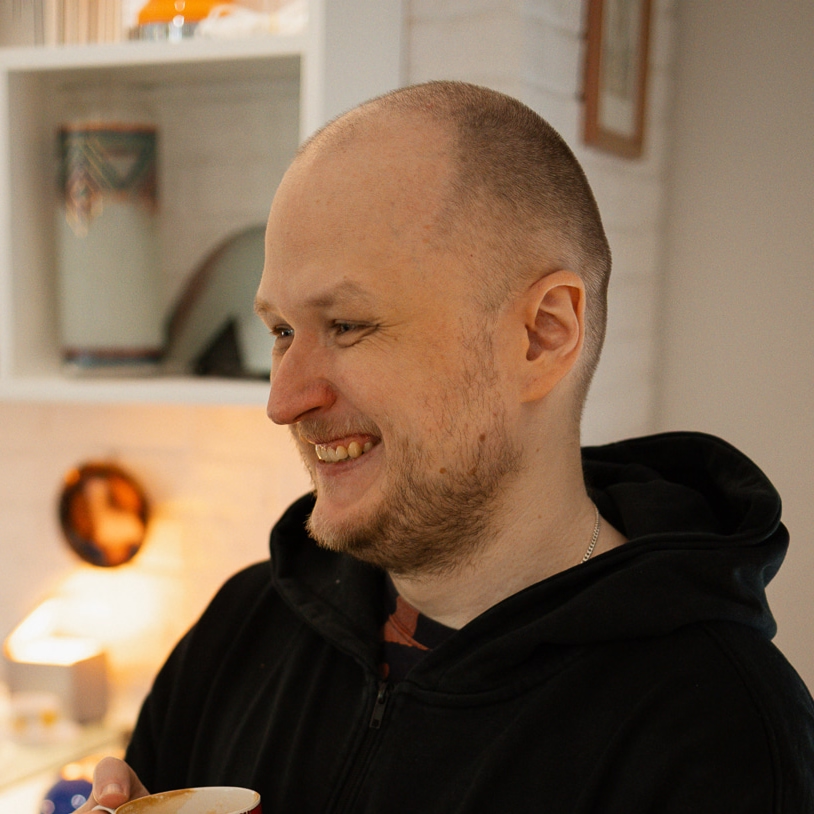About Intentee
What do we do?
Intentee develops products that help organizations self-host and use AI, from running open-source LLMs at scale to creating interactive documentation, collaborating on MCP servers, and letting non-technical employees create tools they need themselves.
Our vision
In the near future, most digital products won't need to be built by programmers. This is a clear trend, and we want to radically accelerate it. We're building tools that will enable other employees and domain experts to build most applications and digitize processes themselves, in a way that doesn't just avoid adding to their workload, but actually makes their jobs easier.
Why self-hosted AI?
We're highly focused on open-source AI to ensure organizations can better control AI-associated costs compared to other providers, while maintaining data privacy and independence from changes in closed-source services. We enable our clients to keep artificial intelligence entirely on their own infrastructure, helping them meet regulatory compliance and privacy requirements.
Our products
Paddler- Host and serve open-source LLMs on your own infrastructure at scale
Poet (alpha version)- Transform static documentation into interactive, AI-searchable content
Team
Mateusz Charytoniuk, co‑founder, technology

